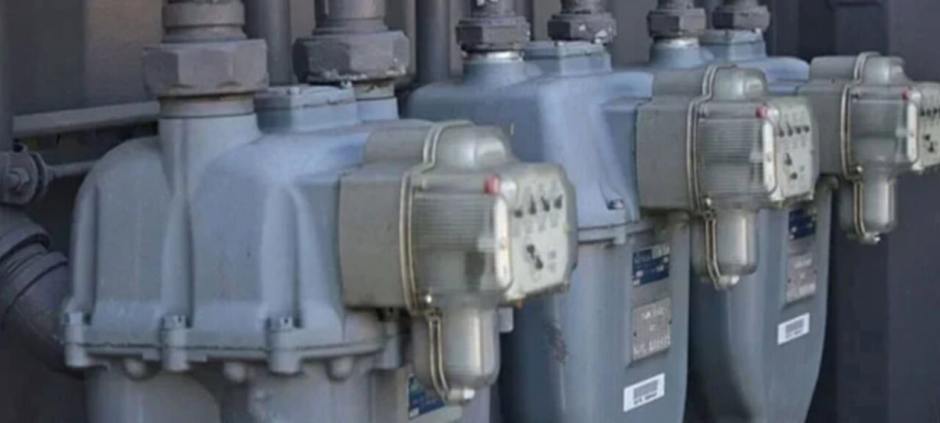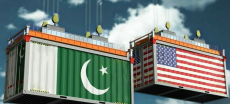The government is considering lifting the ban on new gas connections to manage surplus imported LNG and protect national energy interests.
The Ministry of Finance has proposed revisiting the 2022 ban. This move aims to absorb excess LNG, which is putting pressure on foreign exchange reserves due to high import costs. The step is also intended to avoid violations of sovereign LNG supply contracts.
Currently, over 3.5 million gas connection requests are pending with Sui Northern Gas Pipelines Limited (SNGPL) and Sui Southern Gas Company Limited (SSGCL). The ban was first introduced in 2009, lifted in 2015, and reimposed in 2022 due to worsening supply conditions.
For the upcoming fiscal year (FY26), the government plans to approve 120,000 new gas connections. SSGCL, serving Sindh and Balochistan, will handle 86,000 connections. SNGPL, operating in Punjab and KP, will manage 35,000 connections. Around 1,000 of these are set aside for commercial and industrial users.
To comply with IMF conditions, fixed gas charges have been raised by 50 percent. Industrial, power, and bulk users will also see up to 17 percent higher rates. This increase aims to recover Rs. 85 billion in FY26.
Out of this amount, SSGCL will generate Rs. 31 billion in surplus revenue. SNGPL is expected to raise Rs. 41 billion to cover financial shortfalls. An additional Rs. 13 billion will be collected through GST. The Oil and Gas Regulatory Authority (OGRA) has set a total revenue target of Rs. 888.6 billion for the year.
Meanwhile, the newly imposed captive gas levy has reduced demand sharply. SSGCL’s supply to captive power plants dropped from 180 mmcfd to 75 mmcfd. SNGPL’s supply also fell from 175 mmcfd to 35 mmcfd. This levy, however, does not apply to third-party suppliers.
The government believes easing the ban could help balance the gas supply-demand situation and support long-term energy planning.To meet IMF conditions, the government has raised fixed gas charges and increased rates for industrial and bulk users. Govt Hikes Gas Prices for Bulk and Industrial Users Starting July 1 as part of broader fiscal reforms.











